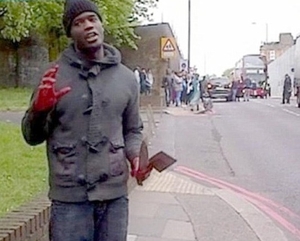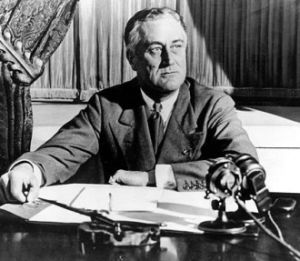by Jonathan Rosenblum
Jerusalem Post
May 3, 2013
In preparation for Yom Yerushalayim, I've just finished
The Battle for Jerusalem: An Unintended Conquest
by long-time Jerusalem Post reporter Abraham Rabinovich. (The book is an expanded e-book version of his 1972 classic.) Rabinovich interviewed over 300 combatants in the battle, and it shows. No one captures the experience of war from the fighters' perspective better than Rabinovich.
While reading The Battle for Jerusalem, it struck me that Israel's need to constantly defend itself against threats to its very existence from 1948 to the present, has prevented the most basic human instinct – the instinct for self-preservation – from atrophying here to the degree it has throughout the West.
Retiring Yale classicist Donald Kagan, 80, expressed concern in his valedictory interview with the Wall Street Journal's Matthew Kaminski that the delicate flower of democracy is threatened today. He laments the development of a culture that "makes it difficult for us [i.e., the West] to behave rationally when the rational thing is to be tough." He sums up the basic lesson of growing up in the tough Brownsville neighborhood of Brooklyn: "If you don't want trouble with someone be sure he has something to be scared of."
Kagan attributes the West's failure to absorb that lesson to culture and a lack of political leadership. Democracy, he argues, requires free, autonomous, and self-reliant population, and they are in increasingly short supply in an America of office workers and disability recipients.
Israelis, however, have been forced to be tough for wont of choice. And the experience of war has developed the qualities Kagan considers fundamental for democracy and the capacity for leadership.







